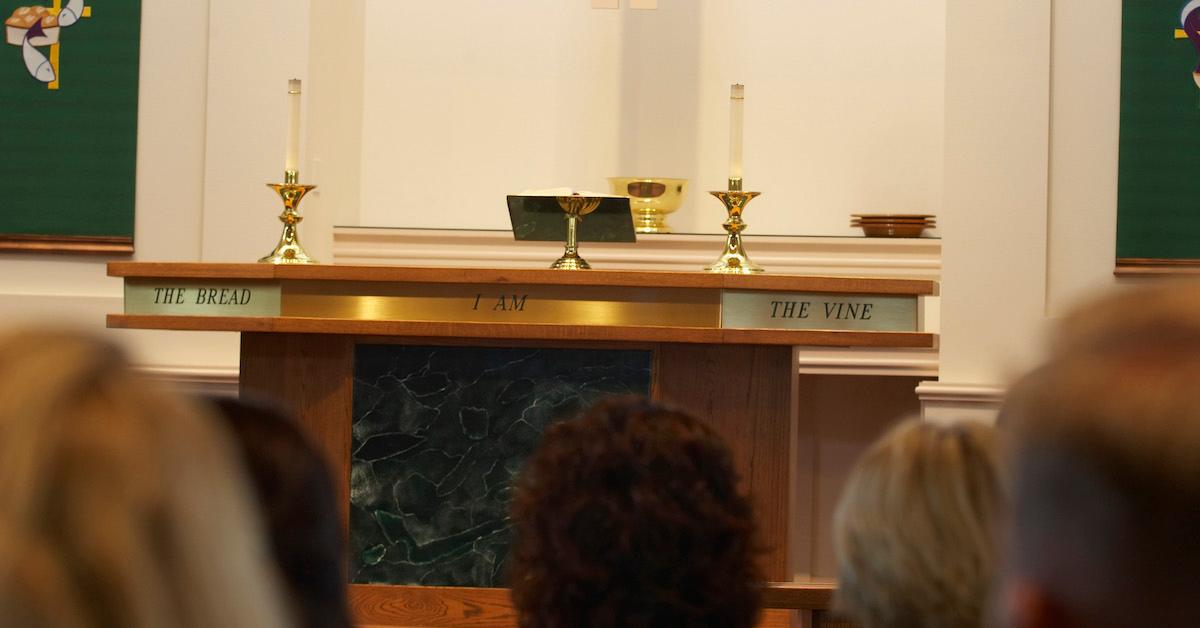Are Church Tithes Tax Deductible? — Yes, and Here's How They Work
Donating to a church every week can add up to a decent amount of money. Is tithing tax deductible? Here are the IRS requirements for tithing.
Feb. 24 2022, Published 1:45 p.m. ET

Tithing to a church consists of giving 10 percent of a person's income to their local church (“tithe” means “ten” in Hebrew). Many people who give large amounts of money to the church wonder if tithing is tax-deductible? If so, how much can you claim on taxes?
Where do tithes come from and what do they mean? In the Bible, Leviticus 27:30-32 says, “And all the tithe of the land, whether of the seed of the land or the fruit of the tree, is the LORD’s it is holy unto the LORD. And if a man will at all redeem ought of his tithes, he shall add thereto the fifth part thereof.” Tithing is part of other religions in addition to Christianity.

Tax deduction amounts can vary.
According to Intuit, any donations made to a church can be deducted from taxes, only if they filer itemizes their expenses using a Schedule A when they file a tax return. When using a Schedule A, the total itemized deductions have to exceed the standard deduction for their filing status. However, there are some limits to deducting tithes.
Intuit says, “The total of your church cash donations plus all other charitable contributions you make during the year typically cannot exceed 60 percent of your adjusted gross income (AGI).”
If the person’s total amount donated exceeds 60 percent, then they can't deduct 100 percent of their donations in the current tax year. If this is the case, the person can use the amounts that they weren't able to deduct for the current year for the next five tax return filing periods.

It's important to find out if the church is registered as a 501(c)(3).
Tax deductions on money given to the church can work as the following:
- If a person has an income of $50,000 and they give tithes to their church worth $5,000 then that would reduce their taxable income to $45,000.
Before a person files their tax returns they should verify whether or not their church is recognized as a non-profit.
According to the IRS, churches (including any associations, "integrated auxiliaries," or conventions tied to a church) that are listed as a 501(c)(3) are considered to be tax-exempt. It's important also to find out if the church in question is listed on the IRS’ Automatic Revocation of Exemption List as an organization because this status may alter the filer's ability to list their donations as part of their tax exemption.
When a person makes a donation to their church, they're encouraged to keep documents of all the donations whether it's a receipt or a bank or credit card statement. In cases where the IRS asks for proof of donations, the filer will be required to provide the documents. If there's a case where a donation exceeds $250, then the filer will need a receipt of the tithe or offering to the church. In this case, having a simple bank record or statement won't work.
